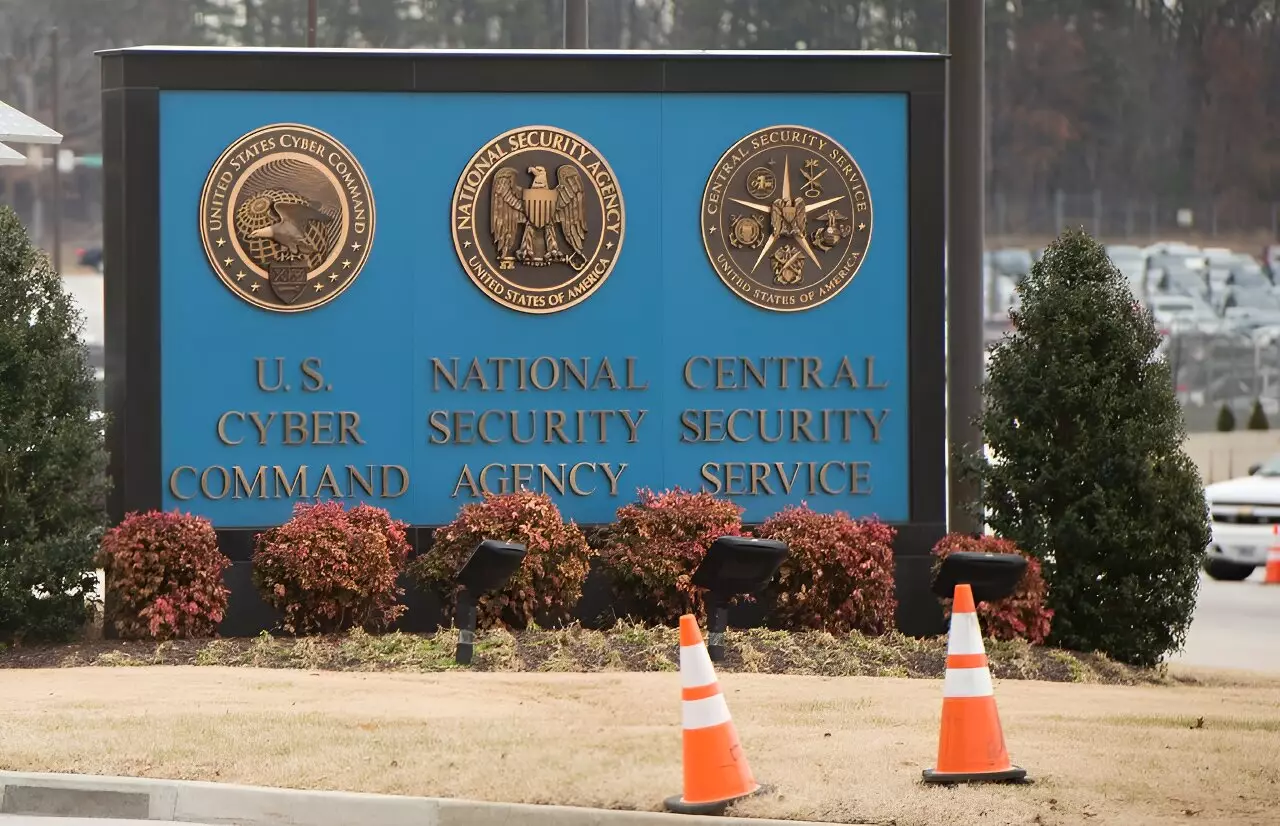The US House of Representatives recently voted to reauthorize a controversial electronic surveillance program targeting foreigners, known as the Foreign Intelligence Surveillance Act (FISA). The vote, which was a bipartisan decision of 273-147, has sparked debate over the balance between national security and privacy concerns.
One of the most contentious parts of the program is Section 702, which allows US intelligence agencies to conduct warrantless electronic surveillance of foreigners outside the United States. While this is meant to target foreign citizens, there is a risk of Americans’ messages being collected if they are communicating with the individuals under surveillance. This has raised significant concerns over potential abuses and violations of privacy rights.
The renewal of FISA has faced strong opposition from both privacy-minded Republicans and progressive Democrats. Critics argue that the program poses a threat to civil liberties and opens the door to government overreach. Former President Donald Trump has been vocal in his opposition to the program, claiming that it was used against him and others illegally. The controversy surrounding FISA has become a point of contention in the ongoing political landscape.
Support for FISA Renewal
Despite the opposition, there are supporters of the program who argue that it is essential for national security. They maintain that there are safeguards in place to ensure that the surveillance is only used for its intended purposes. A senior White House official has also emphasized the importance of renewing the program, citing ongoing conflicts and threats around the world as reasons to maintain FISA.
The renewal of the Foreign Intelligence Surveillance Act has sparked a heated debate between those who prioritize national security and those who are concerned about civil liberties. The outcome of this debate will have far-reaching implications for privacy rights and the scope of government surveillance in the United States.


Leave a Reply